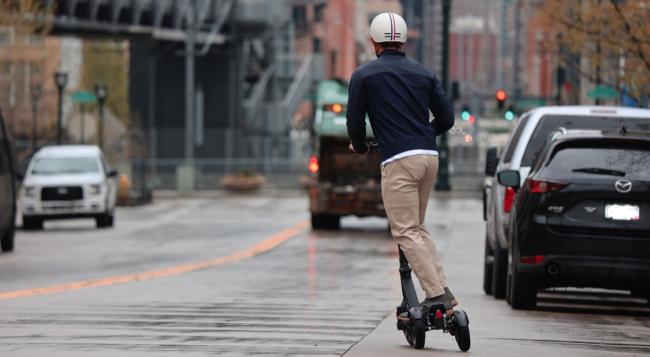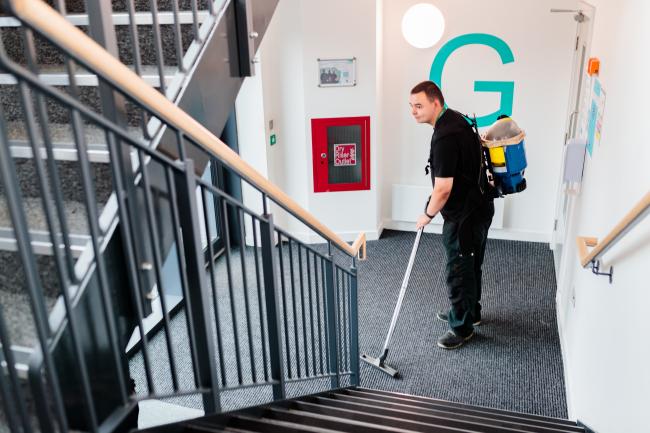Fire safety
If you're concerned about a fire in your property, call 999 immediately and evacuate the building
What should you do if there is a fire in your home?
In the event of a fire, if it is safe to do so, get everyone together and escape through your nearest fire exit. Once outside the building, call 999 immediately, and stay outside of the property. If you live in a high-rise building, do not attempt to use the lift - please use the stairs.
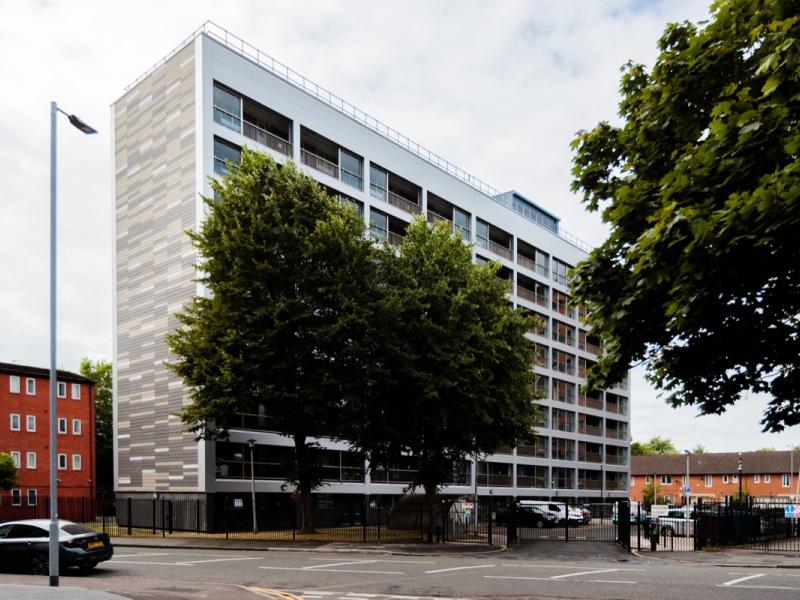
Fire evacuation plan
If you discover a fire in your flat, or hear the communal fire alarm, it is important you follow the fire evacuation plan:
- Don't attempt to tackle the fire.
- Dial 999 and ask for the fire service.
- Leave the flat, closing all doors behind you, and use the emergency fire exit routes and stairs to evacuate.
- Don't use the lift, run, or shout.
- Head to a place of safety outside the perimeter of the building and wait for the arrival of the fire service.
- Don’t attempt to re-enter the flat until the fire service advises that it is safe to do so.
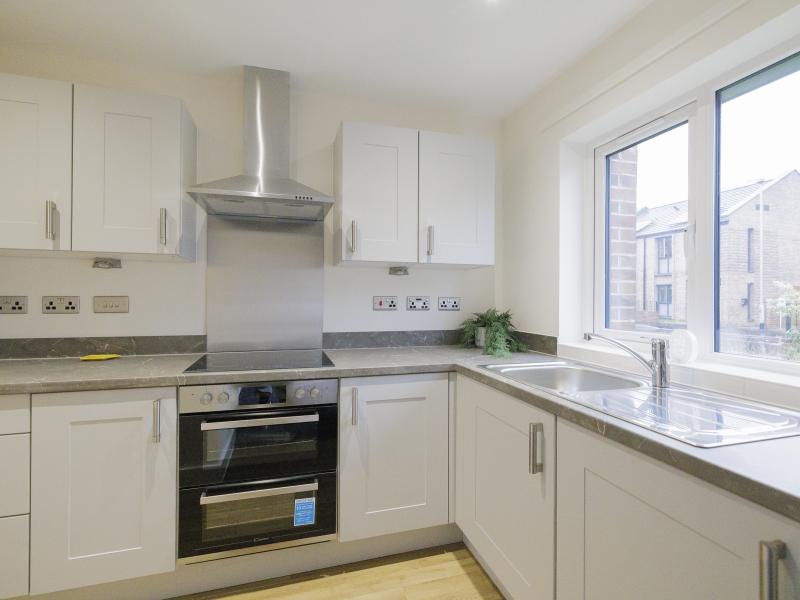
Arrange a Fire Safety Assessment
You can contact Greater Manchester Fire Service to book a free Fire Safety Assessment by the Fire and Rescue Service. The visit will consist of the fire service providing safety advice and equipment depending on the level of risk. They’ll discuss your home, health, daily activities, and environment to understand your fire risk and provide the best advice.
Preventing fires in your home
There are many ways you can adapt your home to help prevent fires happening, and actions you can take to reduce the risk of fires starting. Testing your fire safety equipment is the first step to making your home safer from fire. We’ve outlined some further steps you can take to improve fire safety in your home:
Common causes of fire in the home
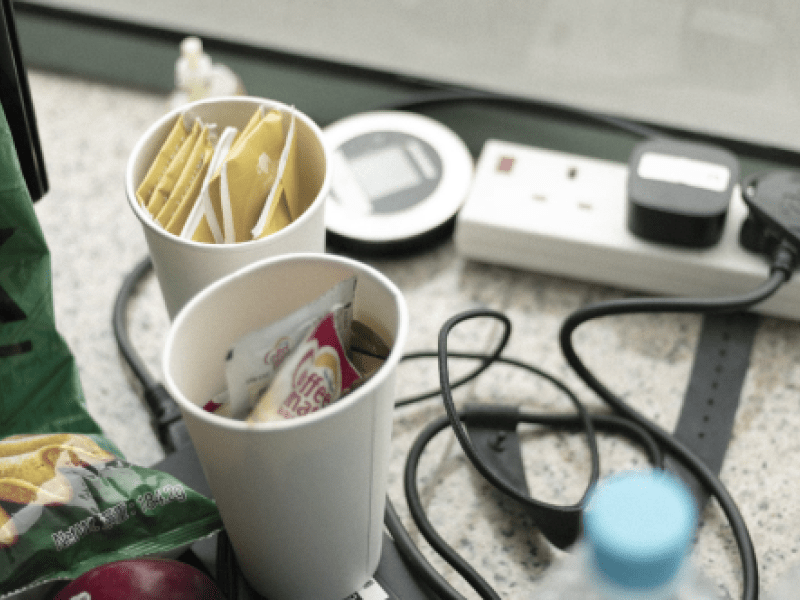
Who is responsible for fire safety
Fire safety is a shared responsibility - everyone plays a role in ensuring the safety of our tenants, residents, and properties. If you live in a property with communal areas, such as a flat or sheltered accommodation, we maintain those spaces to meet the highest safety standards. Regular safety checks are carried out to keep these areas safe and secure.
How you can help as a tenant
As a tenant, you also have a duty to live in a way that minimises fire risks. Here’s how you can help:
- Avoid unauthorised DIY or alterations to your property
- Dispose of waste properly to prevent hazards
- Allow One Manchester colleagues access to your home for essential inspections under the Building Safety Act and Fire Safety Act
- Report hazards, like damaged fire detection systems or sprinklers
- Keep communal areas clear of personal items or belongings
- Follow your tenancy agreement conditions carefully
- Notify us if someone else moves into your home
Let us know if you or someone in your household can’t evacuate without assistance.
Here's what to do
Stay calm, act fast, and alert everyone in your home. Exit through the nearest safe route, keeping together where possible.
If your escape route Is blocked
If your usual escape route is blocked and you cannot leave safely, follow these steps:
- Call 999 and stay in a room with windows
- Open a window for fresh air and place cushions or bedding around the bottom of the door to block smoke
- If smoke starts to enter the room, stay low to the floor where the air is cleaner
- Do not re-enter the building under any circumstances, even if someone is still inside. Wait for the fire service and provide them with as much information as possible
Smoke alarm and heat detectors
As your landlord, we install and maintain smoke detectors in all our properties. Every home should have at least one working smoke alarm. Ideally, you should have:
- A smoke detector in the lounge
- A smoke detector in the hallway
- A heat detector in the kitchen
It’s your responsibility to test your alarms regularly, and we recommend doing so monthly. If your alarm begins to bleep, it might need new batteries or have developed a fault.
If you don’t have a working smoke alarm, let us know, and we’ll arrange for one to be installed. Never tamper with, disconnect, or remove the batteries from your smoke alarm. For alarms connected to your electrical supply, attempting to disconnect them could result in injury. Your smoke alarm could save your life—ensure it’s always in working order.
To minimise the risk and impact of fire in our properties, it’s also crucial that you keep yourself safe and don’t do anything which could put you or other people at risk of injury from fire.


